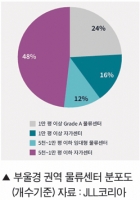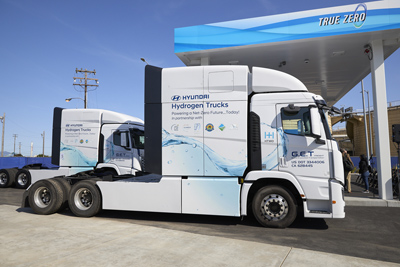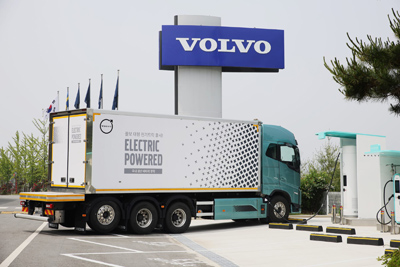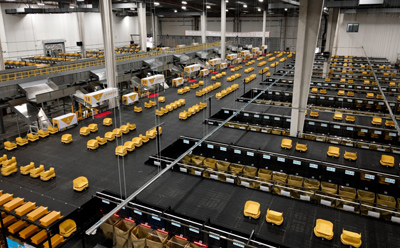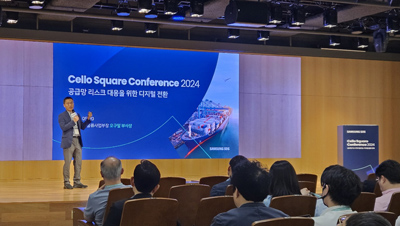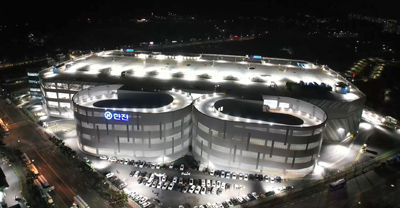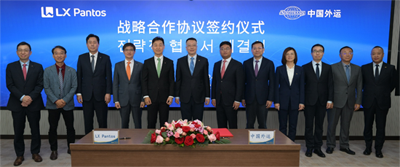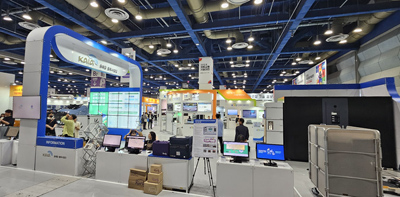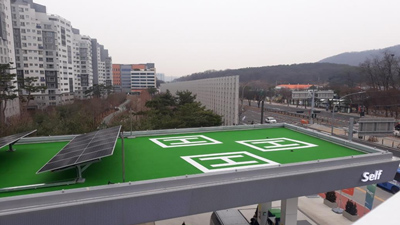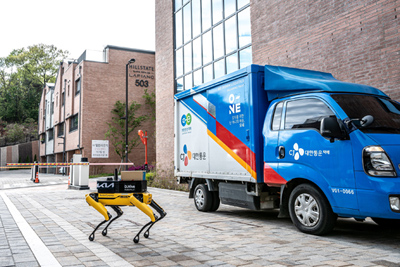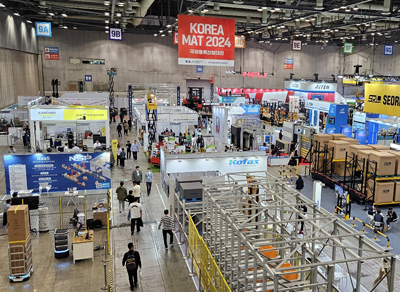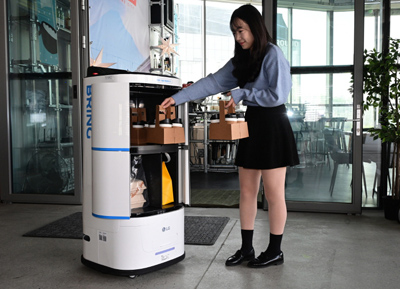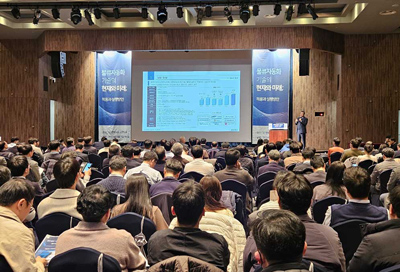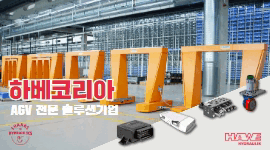| MOLIT / 'Nationwide home delivery within 24 hours' by 2030 | |



|
|
|
|
|
|
'Nationwide home delivery within 24 hours' by 2030 Expanding MFCs and Smart Logistics Centers to Support Fast Delivery 2024/04 The government has decided to build a delivery service system that allows people to receive couriers anywhere within 24 hours by 2030. In addition, Incheon Port will be built as a fully automated terminal to strengthen its shipping competitiveness. The government announced the 'Aviation, Shipping, and Logistics Development Plan' at a public discussion held on the 7th of last month. First, it will provide fast and convenient logistics services anywhere. As home delivery is a service that is closely related to people's lives, the government plans to help people enjoy 'nationwide delivery within 24 hours' by 2030. In particular, to resolve delivery blind spots, we will designate and manage areas where gaps in delivery services such as additional charges and delivery delays occur, such as islands and mountainous areas such as Baengnyeong Island, as 'logistics vulnerable areas'. We will also provide partial support for courier fees to residents in logistics vulnerable areas such as islands. We will also ease regulations on cargo transportation, such as allowing couriers to jointly deliver packages from multiple courier companies. In addition, we will expand the area of fast delivery services such as early morning, same-day, and next-day delivery to improve the convenience of life. To this end, we will expand life-friendly infrastructure such as order delivery facilities (MFCs) in urban centers, and expand smart logistics centers that apply advanced technologies such as AI and robots to shorten the time for collecting and sorting parcels. We will also expand logistics infrastructure. Inland logistics bases in the metropolitan area will be modernized so that they can function as national logistics hubs. Old logistics facilities in the city center will be improved into resident-friendly facilities by creating an urban high-tech logistics complex that converges residential, cultural, and commercial facilities. In addition, the government will supply 31 million square meters of port hinterland by 2030 and expand port-type free trade zones to attract high-tech industries and foreign investment. The government will also promote the creation of international logistics special zones to promote various business activities such as logistics, manufacturing, and research in major hubs where airports, seaports, and railways are gathered. The future logistics mobility industry will also be actively fostered. The future logistics mobility industry will be actively fostered so that the logistics industry can shed its image as labor-intensive and reemerge as a new industry. We will support the early commercialization of unmanned delivery such as robots and drones, and promote the development of various logistics mobility technologies such as 'subway-based delivery technology development'. Furthermore, we plan to use the National Land Transportation Innovation Fund to help invest in startups and foster human resources in smart logistics, and support logistics companies to enter overseas in connection with other industries such as construction, manufacturing, and plants. Incheon Port will also be strengthened as a gateway port to the Seoul metropolitan area for the 'top four global shipping powers'. The government will build the container terminals of Incheon New Port Phases 1 and 2 as fully automated terminals, and promote their opening in 2027. As the share of containerized cargo at Incheon New Port is expected to increase, an additional 3 million square meters will be provided to support the port's logistics functions by building a hinterland complex including specialized zones for related industries. In response to the reorganization of the global supply chain, the government will promote the expansion of the capacity of national flag carriers to build a stable logistics network for importers and exporters. In the case of coastal sea routes, the government plans to strengthen the regional network by expanding the number of carriers and routes participating in the K-Alliance and supporting route rationalization. In addition, we will gradually expand aviation liberalization agreements for the top five global aviation powers from the current 50 countries to 70 countries in 2030. <Copyright ⓒ Monthly Logistics Magazine (www.ulogistics.co.kr) All rights reserved>
|





| 
|








